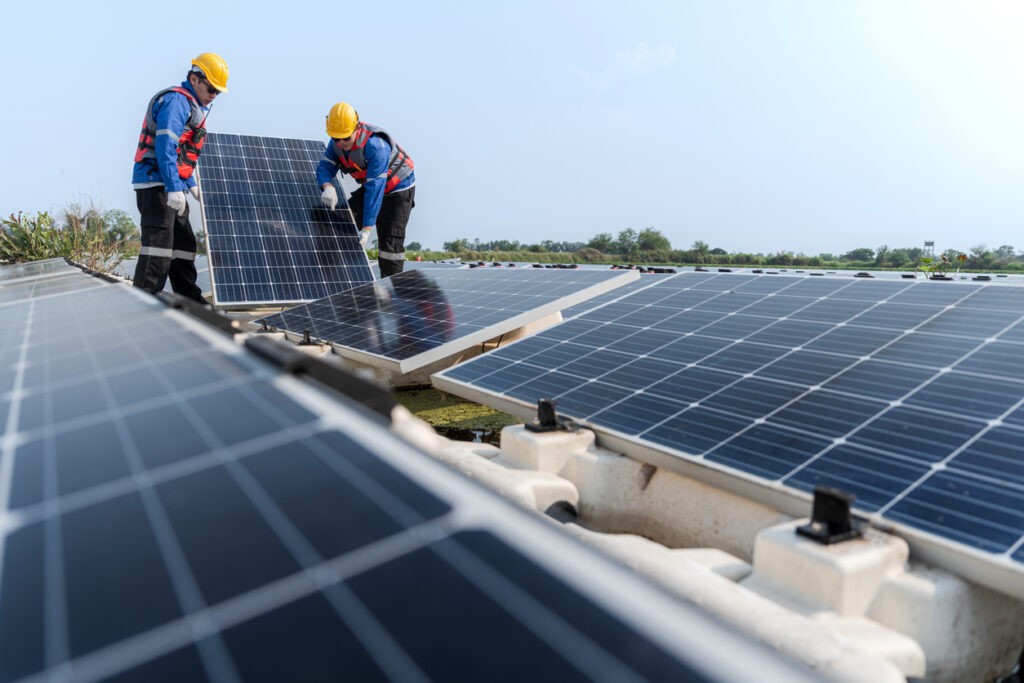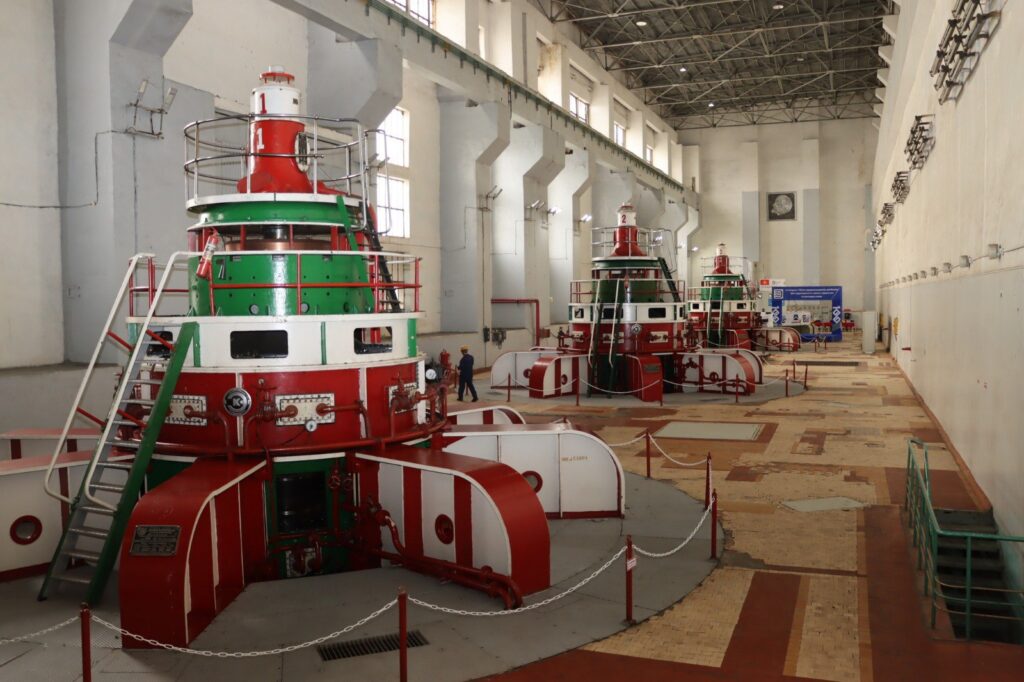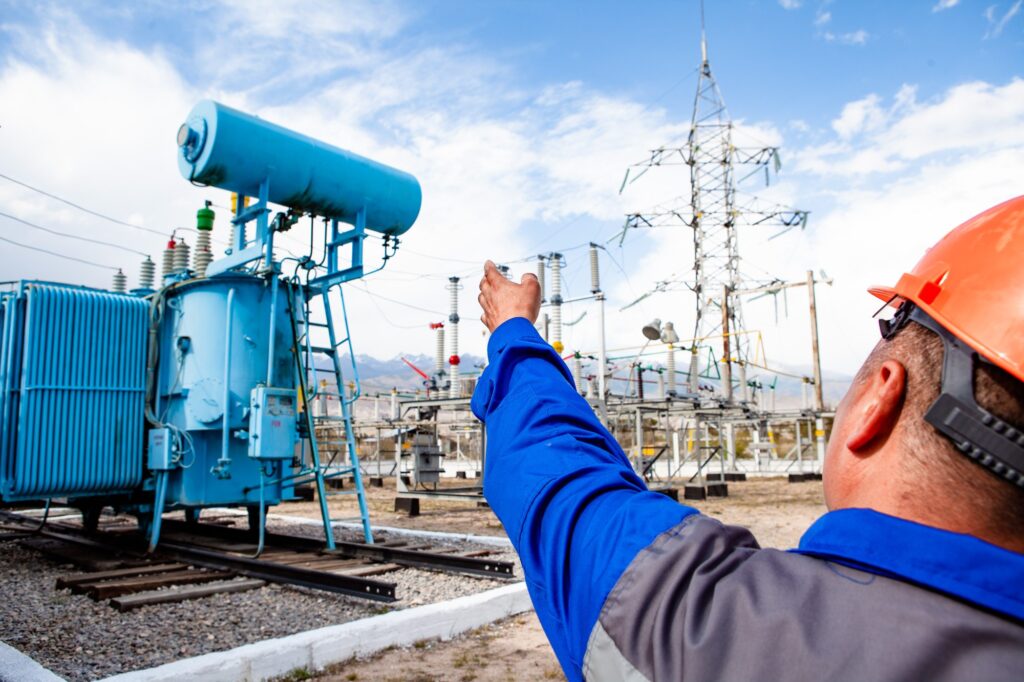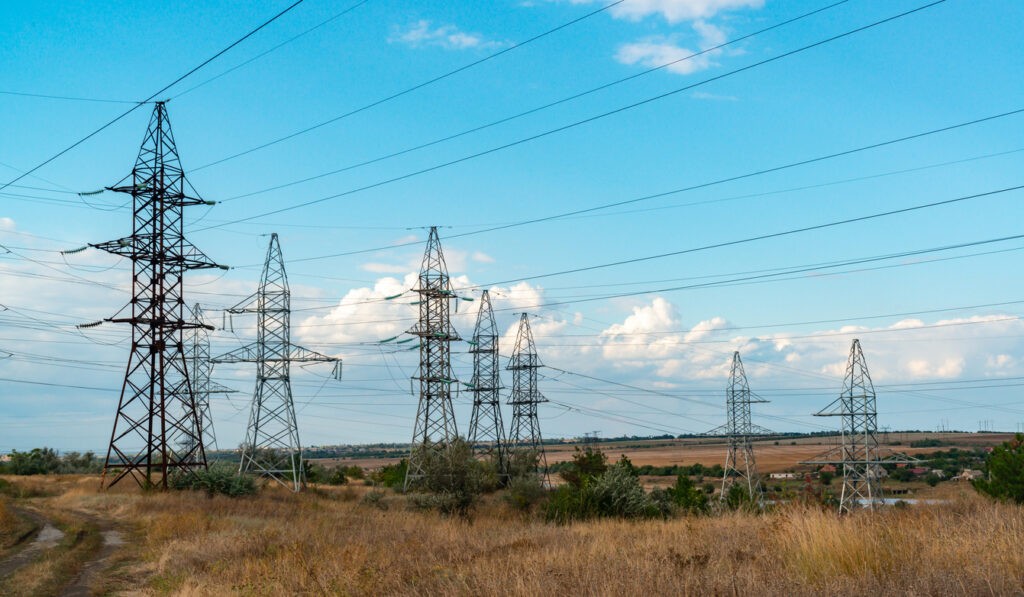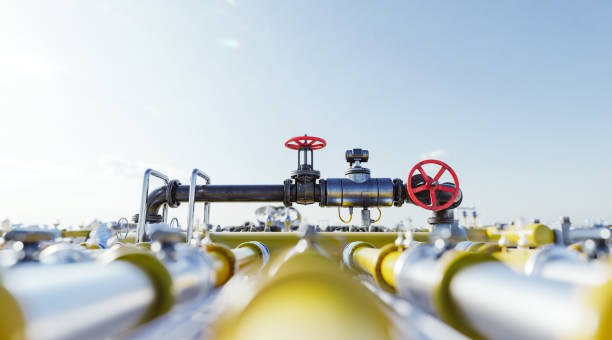DW shares that Germany has adopted a strategy for importing hydrogen (H2), which is good news for Kazakhstan and a challenge for Russia.
The document, approved on July 24, reportedly outlines plans to replace fossil natural gas with renewable hydrogen. Berlin promises a stable market for H2 producers, as Europe’s largest economy intends to increase its imports due to the lack of domestic production capacity.
Private companies in Germany plan to build a hydrogen pipeline network of about 10,000 kilometers by 2032. Around 40% of this network will be built specifically for hydrogen, while 60% will be adapted gas pipelines. One of these pipelines will be one of the two pipelines previously laid from Lubmin on the Baltic coast to the Czech border, initially intended for Russian gas from Nord Stream.
Germany plans to import 50-70% of its hydrogen needs by 2030, between 95 and 130 terawatt-hours (about 9.5-13 billion cubic meters of natural gas). That’s about as much as Gazprom plans to deliver to the EU this year via the Ukrainian route. Hydrogen demand could reach 500 terawatt-hours by 2045, comparable to the amount of gas supplied through the first Nord Stream before the war in Ukraine.
These plans preclude renewed gas cooperation with Russia, as infrastructure would be adapted to replace natural gas with hydrogen, signaling a long-term change in Germany’s energy policy and a shift from Russian gas.
With its ideal conditions for green hydrogen production in the country’s west, Kazakhstan could become a key supplier for Germany. The strategy envisions a wide range of suppliers to avoid dependence on a single source. Around 40 countries are listed as potential partners, including Kazakhstan and Ukraine. Germany already has specific cooperation agreements with 15 of these countries.
The German economy is preparing to import hydrogen in various forms: gaseous, liquefied, or in the form of hydrogen-containing chemicals such as ammonia and methanol. This diversifies sources and minimizes the risks of dependence on individual suppliers.
Germany’s hydrogen import strategy thus presents significant opportunities for Kazakhstan and other partner countries, creating new prospects for hydrogen exports. At the same time, it presents severe challenges for Russia, limiting its role in Germany’s future energy market.

